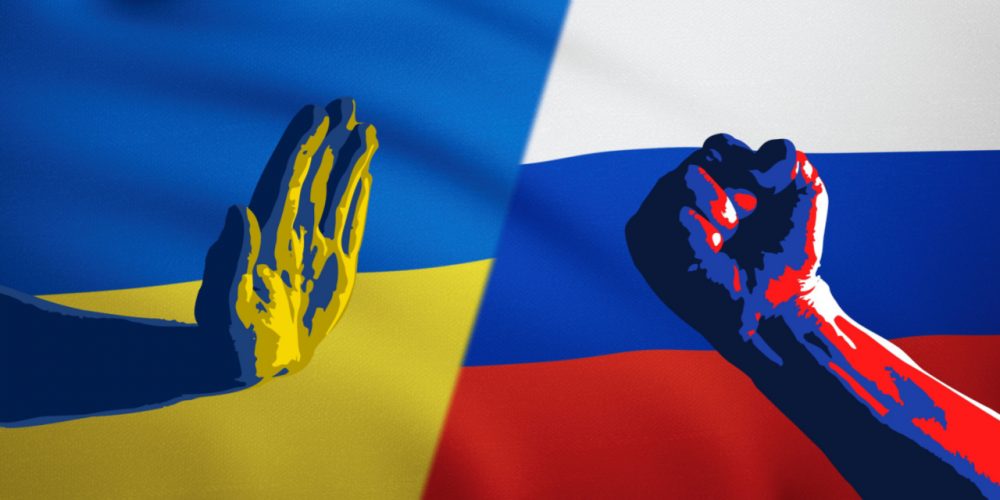Conservatism, a political and social philosophy that emphasizes tradition, social stability, and limited government, has played a significant role in shaping Russian political thought and society. In recent years, conservative ideology has experienced a resurgence, influencing various aspects of Russian life, from politics and culture to social issues.
Historical Roots of Russian Conservatism
Russian conservatism has deep historical roots, tracing back to the Tsarist era. It was characterized by a strong sense of national identity, Orthodox Christianity, and a hierarchical social order. After the Bolshevik Revolution, conservative ideas were suppressed, but they continued to exist underground.
Modern Russian Conservatism
In the post-Soviet era, conservatism has re-emerged as a powerful force in Russian politics. It is often associated with traditional values, social conservatism, and a strong state. Key elements of modern Russian conservatism include:
- Orthodox Christianity: The Orthodox Church has played a significant role in shaping conservative values and promoting traditional family structures.
- Nationalism: A strong sense of national identity and pride, often expressed through military strength and assertive foreign policy.
- Authoritarianism: A preference for strong, centralized government and a limited role for civil society.
- Traditional Family Values: A conservative approach to social issues, emphasizing traditional gender roles and family structures.
- Economic Protectionism: A cautious approach to economic liberalization and a preference for state intervention in the economy.
The Impact of Conservatism on Russian Politics
Conservative ideology has had a profound impact on Russian politics, shaping government policies and public discourse. Key consequences include:
- Centralization of Power: The consolidation of power in the hands of the President and the government.
- Suppression of Dissent: The crackdown on political opposition and civil society.
- Nationalistic Foreign Policy: An assertive foreign policy, often characterized by confrontation with Western powers.
- Social Conservatism: The promotion of traditional values and the restriction of individual freedoms.
- Economic Interventionism: Increased state intervention in the economy and a cautious approach to market reforms.
While conservatism has contributed to political stability and national unity in Russia, it has also led to a decline in democratic freedoms and human rights. The future of conservatism in Russia will depend on a variety of factors, including economic conditions, geopolitical developments, and social trends.

Leave a Reply